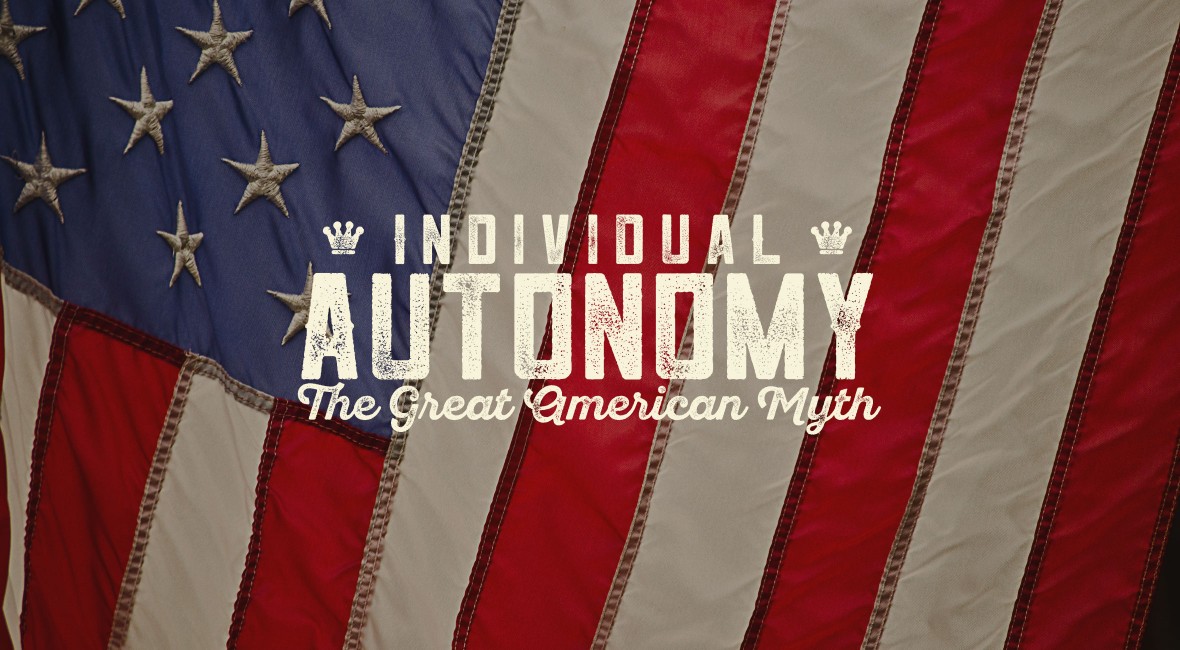My wife and I had an encouraging conversation last night. We spent some time talking about the kind of parents, spouses, and Christ-followers we sense God calling us to be. We encouraged each other to keep surrendering to God, to let him lead more fully in our relationship, family, work, and church. We prayed together, inviting the Spirit to fill us with his graciousness and self-discipline, confessing the areas where we fall short, and committing ourselves to walking closely with the Lord.
If you read and obey the Scriptures, you will become a “Paradise of delight” to God.
I shared from this short work this past Sunday as I called the people of Hope Church to worship, and have included a quote in a post I wrote Saturday night. My intention is to write at least two more posts to draw attention to this powerful, though anonymous, letter. There is such depth here, but perhaps nothing in the letter compares to this short excerpt I read to my wife last night.



